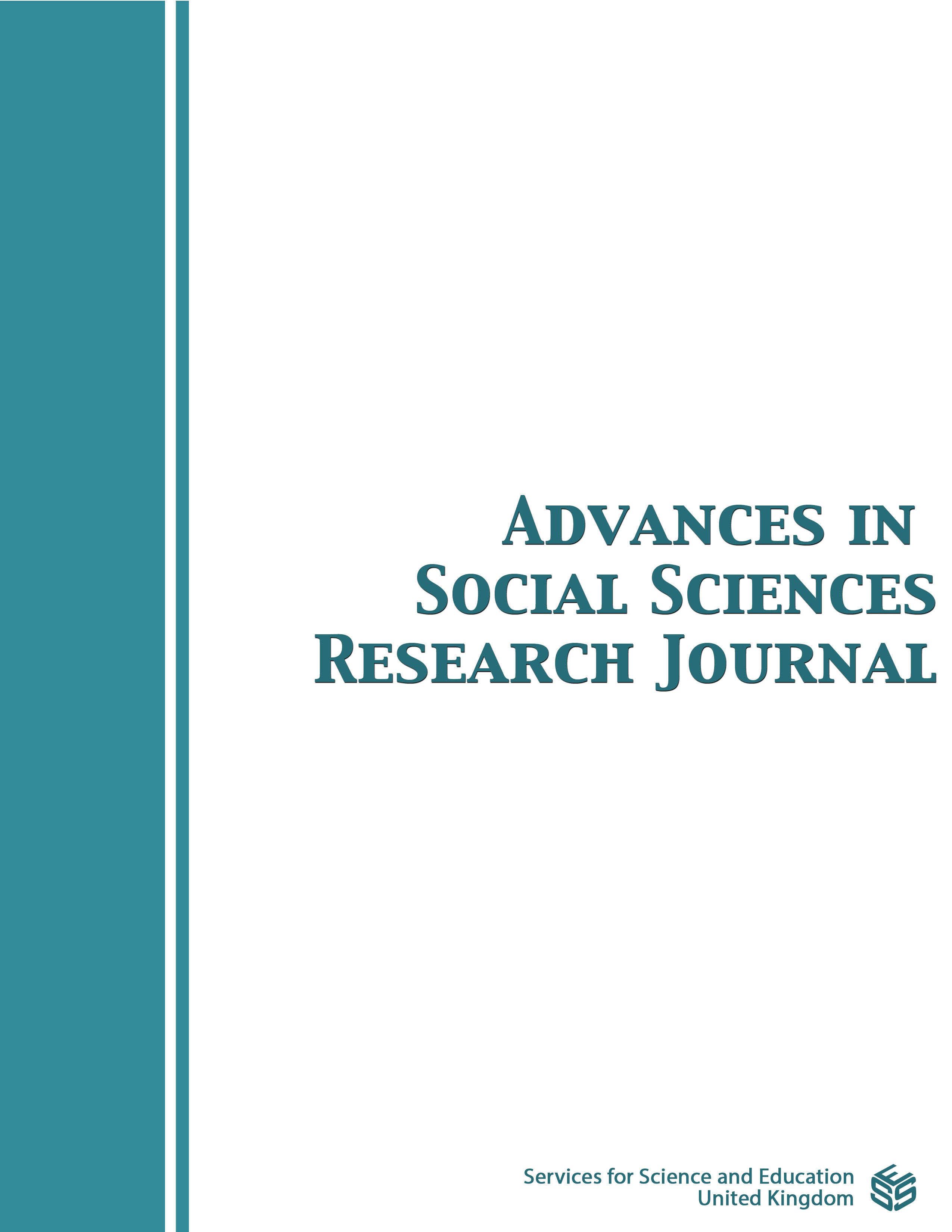Easter Sunday Bombings and Jihad in Sri Lanka
DOI:
https://doi.org/10.14738/assrj.810.10942Keywords:
Sri Lanka, Radicalization, Extremism, Al Qaeda, Muslim Brotherhood, Islamic StateAbstract
2019 Easter Sunday bombings in Sri Lanka by Islamist radicals poses a level of complexity that could challenge conventional thinking about radicalization and the spread of influence of groups like Al Qaeda, the Islamic State of Iraq and Syria and the Muslim Brotherhood, in many fundamental respects. At a very basic level, it defies common understanding of the emergence of Islamist radicalism in Sri Lanka – a country ravaged by extremist violence in other forms perpetrated by groups like JVP and the LTTE for example, which are mostly secular in character. In this context, jihadism in Sri Lanka introduces a new dynamic - utilitarian and pragmatic - where groups, cutting across their ideological and political divides, come together to achieve common goals.
Ability of the groups like ISIS and Muslim Brotherhood to recruit and deploy local Muslims in Sri Lanka to attack Western targets and attract global attention testify to the potency and resiliency of the ideology. [1]
Downloads
Published
How to Cite
Issue
Section
License
Copyright (c) 2021 Arabinda Acharya

This work is licensed under a Creative Commons Attribution 4.0 International License.
Authors wishing to include figures, tables, or text passages that have already been published elsewhere are required to obtain permission from the copyright owner(s) for both the print and online format and to include evidence that such permission has been granted when submitting their papers. Any material received without such evidence will be assumed to originate from the authors.






